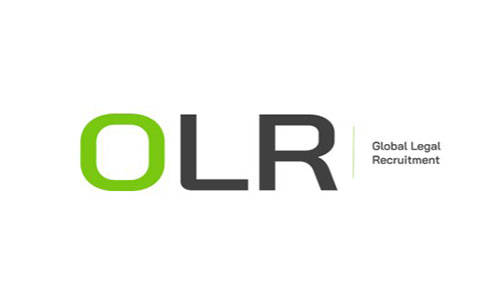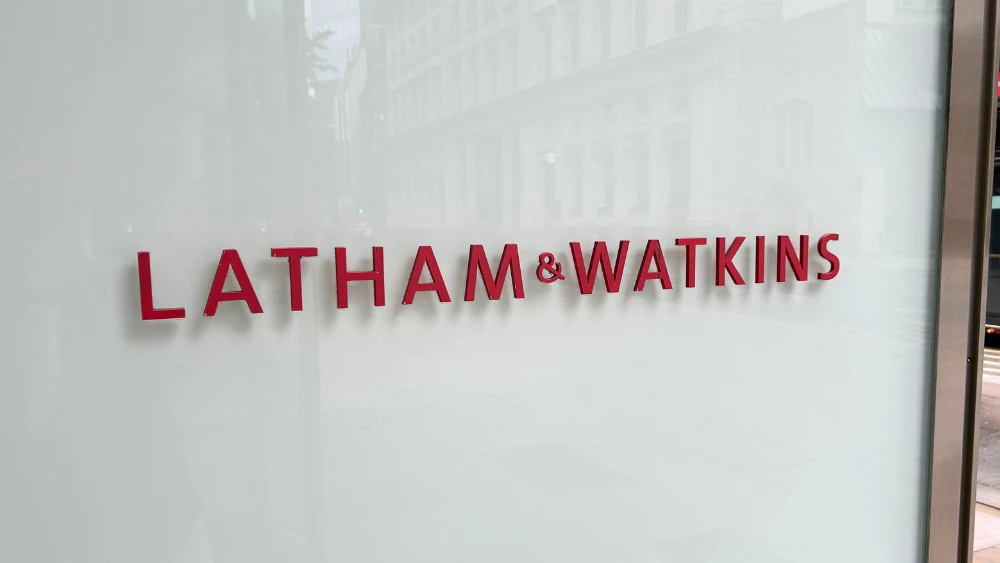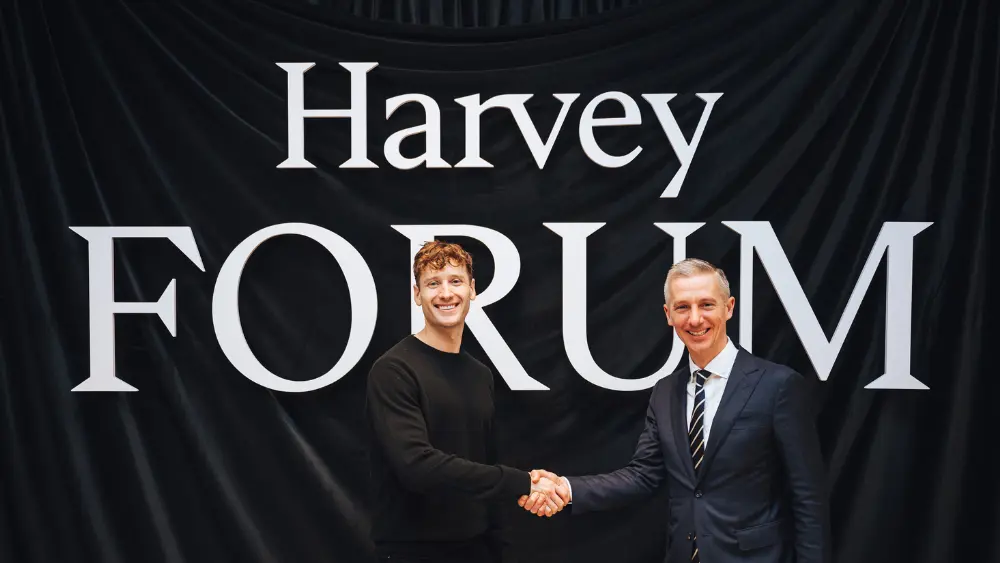
A US federal judge has ruled President Trump’s executive order against Perkins Coie unconstitutional, permanently blocking its enforcement.
The decision marks the first legal defeat in Trump’s campaign to target law firms he views as politically opposed to him.
A federal judge in the US has ruled that President Trump’s executive order targeting Perkins Coie is unconstitutional and has permanently blocked the government from enforcing it.
The decision marks the first legal defeat for Trump’s campaign to pressure law firms perceived as politically opposed to him.
The ruling, handed down by US District Judge Beryl Howell in a 102-page opinion on Friday (2 May), will be seen as a major win for Perkins Coie and the broader legal community pushing back against what they see as an attack on the rule of law.
The Justice Department still has the option to appeal the decision.
Background
Trump’s 6 March executive order banned Perkins Coie lawyers from government buildings, revoked their security clearances and required government contractors to disclose ties to the firm - actions the court has now ruled breach constitutional protections on free speech and due process.
The judge said the order was an abuse of executive power driven by personal grievance, saying "Settling personal vendettas by targeting a disliked business or individual for punitive government action is not a legitimate use of the powers of the US government or an American President."
In a statement, the firm said it was grateful for the court’s ruling and for those who supported it - no doubt a reference to the more than 500 law firms that put their name to an amicus brief in support of the firm in April.
Bigger picture
Perkins Coie is one of four firms - alongside Jenner & Block, WilmerHale and Susman Godfrey - that are challenging Trump’s executive orders in court.
Each firm was accused by the administration of political bias and discriminatory hiring practices over their diversity and inclusion policies.
By contrast, other elite firms including Paul Weiss, Latham & Watkins and Skadden have avoided litigation (or executive orders altogether) by striking pro bono deals with the White House worth nearly $1 billion combined.
Big Law remains divided over the industry’s response to Trump’s offensives.
Critics say firms that struck pro bono deals capitulated to political coercion, while others argue the agreements were a pragmatic move to protect against existential threats - particularly for firms heavily reliant on key clients that risked being cut off under the executive order.
Timeline: Trump v Perkins Coie
- 6 March - Trump issues executive order against Perkins Coie, barring access to federal buildings, revoking security clearances and ordering the review and termination of any government contracts with companies represented by the firm.
- 11 March - Perkins Coie sues the Trump administration, saying the "order violates core constitutional rights, including the rights to free speech and due process".
- 12 March - A federal judge temporarily blocks large parts of the executive order.
- 4 April - Over 500 law firms put their names to an amicus brief in support of Perkins Coie, although hardly any of Big Law’s major names put their name to it.
- 23 April - A federal court holds the first major hearing over Perkins Coie’s legal challenge to the order.
- 2 May - The court permanently blocks the executive order, ruling it unconstitutional.
More rulings are expected in the coming months as challenges from Jenner & Block, WilmerHale and Susman Godfrey proceed.
Join 10,000+ City law professionals who start their day with our newsletter.
The essential read for commercially aware lawyers.







